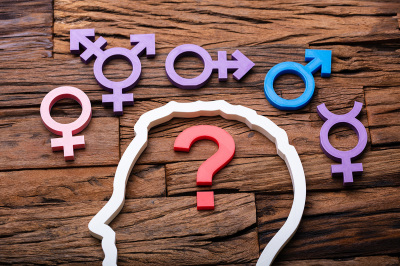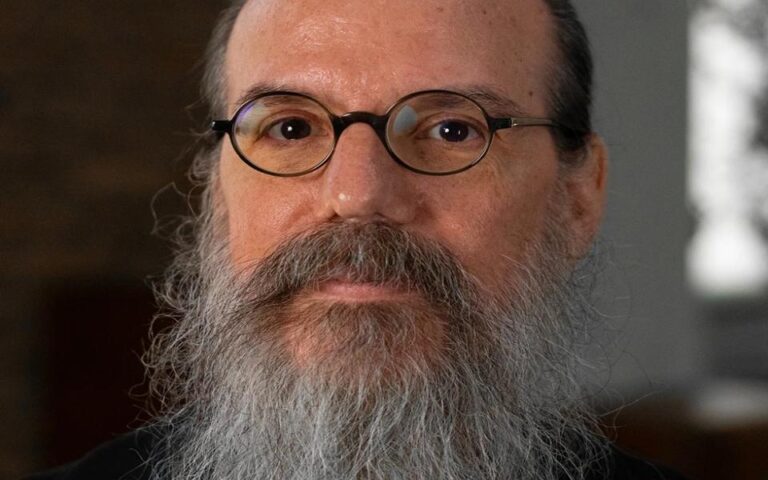The Looming End of Homo Sapiens: A New Era Ahead
The End of Homo Sapiens: Embracing a New Era
In a world that’s evolving at breakneck speed, it’s hard to ignore the whispers about the future of humanity. Are we really facing the end of Homo sapiens? It sounds dramatic, but let’s dig deeper into this idea and explore what a new era could look like for us all.
The Evolutionary Cycle: Where Are We Now?
Let’s take a step back and think about the grand timeline of our existence. Homo sapiens have been around for about 300,000 years, give or take a few. In that time, we’ve faced massive changes — from the Stone Age to the Space Age. But here’s the kicker: evolution is not a straight line; it’s more like a tangled ball of yarn, sometimes unraveling in surprising ways.
As we enter this new age of technology, it’s like flipping a page to a whole new book. The tools we’ve created — think smartphones and AI — are not just making our lives easier; they are fundamentally changing how we interact with each other and the world. But, are these changes ushering in the end of Homo sapiens as we know them?
Technology: Our Best Friend or Our Worst Enemy?
We often hear tech touted as the ultimate solution. It offers convenience, connections, and capabilities that were once science fiction. But, let’s not sidestep the elephant in the room. With every leap forward in technology, there are potential downsides.
Consider social media — that seemingly innocent platform you scroll through every day. It connects us, but it also isolates us. Mental health issues are skyrocketing, primarily because we’re swiping through curated highlights rather than engaging in real conversations. It’s like trying to connect with someone through a hologram rather than face-to-face. Sure, the glow is cool and all, but is it really the same?
The Rise of AI and Automation
With the emergence of AI and automation, questions about our place in the workforce are growing. Will machines eventually replace us? You bet they will in specific sectors. But that doesn’t mean we’re done for. Just as the industrial revolution didn’t end the human spirit, this new era of AI might evolve our roles rather than eliminate them entirely.
Imagine a world where mundane tasks are handled by robots. That sounds appealing, right? Instead of sitting in traffic or slogging through paperwork, we could focus on creative endeavors, innovate new ideas, or simply spend time with loved ones. It’s like trading in your old flip phone for the latest smartphone — a big upgrade!
The Ethical Quagmire: Navigating a New Landscape
As we inch closer to this brave new world, ethical dilemmas pop up like weeds in a garden. What happens when we start enhancing ourselves through technology? Is it ethical to edit genes or upload our consciousness to the cloud?
These questions aren’t just hypothetical; they’re already being discussed in labs around the world. Genetic modification could lead to healthier lives, but where do we draw the line? We don’t want to turn our backyard BBQ into a Jurassic Park scenario, do we?
A New Kind of Human?
Imagine a future where “Homo sapiens” is just a chapter in the history book. Picture a “next-gen” human where technology and biology blend seamlessly — maybe even creating superhumans. It sounds like a sci-fi movie, but isn’t it exciting to think we could be on the brink of that transition?
But what would that mean for relationships? If we’re merging with machines or enhancing our brains, could the essence of what makes us human be lost in translation? It’s akin to putting a value on a painting by comparing it with high-tech digital art. One may be aesthetically impressive, but what about the emotional connection?
The Quest for Meaning: What Makes Us Human?
As technology and evolution push us forward, we must grapple with the question of identity. What truly makes us human? Is it our ability to feel, to love, and to empathize? Or is it our intellect and adaptability?
In this new era, we could find ourselves asking deeper questions about existence. What’s our purpose? Why are we here? In a world that’s increasingly driven by data and algorithms, it’s crucial that we take time to reflect on what keeps our humanity intact.
The Role of Community and Connection
No matter how advanced our tools become, the human need for connection will never die. Whether it’s sharing a laugh over coffee, standing in solidarity during tough times, or creating art, community will always be a cornerstone of our survival.
In this brave new world, we must prioritize connections — both digital and physical. Just because we can interact globally doesn’t mean we should abandon our local communities. Think of it like seasoning a dish; the right balance makes everything pop.
The Environmental Challenge: Can We Innovate Sustainably?
We can’t talk about the future without acknowledging our planet’s health. Climate change is real, and it’s knocking on our door. As we move forward, how do we innovate without harming Earth? This paradox is one we can’t ignore.
Innovations like renewable energy, biodegradable materials, and sustainable agriculture are steps in the right direction. Picture a future where our cities are green, with vertical gardens and energy-efficient buildings. It’s like dreaming of a garden thriving amidst concrete — a harmonious blend of nature and human ingenuity.
The Intersection of Technology and Nature
As technology progresses, how can we ensure a mutually beneficial relationship with the environment? Innovations such as “smart farming” can help us grow food more efficiently, reducing waste and energy consumption. When we intertwine technology with sustainable practices, we not only enhance our lives but also honor the planet.
Conclusion: Embracing the Unknown
So, are we nearing the end of Homo sapiens? Perhaps. But it doesn’t have to be a dystopian nightmare. Instead, it could be the dawn of something extraordinary. A new kind of humanity, enriched by technology but grounded in our core values.
We stand at the edge of an exciting new era, and it’s up to us to decide what that will look like. Will we embrace change while maintaining our connections, our compassion, and our commitment to each other and our planet?
Let’s navigate this transition together, armed with curiosity, empathy, and the spirit of innovation. The end of one chapter might just be the beginning of an even more thrilling story.
FAQs
1. What does the future hold for humanity?
The future may see humanity evolve alongside technology, creating a new kind of human that blends biology and technology while emphasizing connection and sustainability.
2. How might technology change our daily lives?
Technology has the potential to automate mundane tasks, allowing us to focus on creativity and relationships, but it also raises concerns about human interaction and identity.
3. What ethical considerations should we keep in mind as we advance?
We must consider the implications of genetic modification, AI integration, and the essence of humanity itself as technology becomes more integrated into our lives.
4. Can innovation coexist with environmental sustainability?
Absolutely! By prioritizing renewable energy and sustainable practices, we can foster a relationship between technology and nature that benefits both.
5. How can we maintain human connections in a digital world?
We should prioritize face-to-face interactions and community engagement while leveraging digital tools to enhance, rather than replace, our human relationships.







